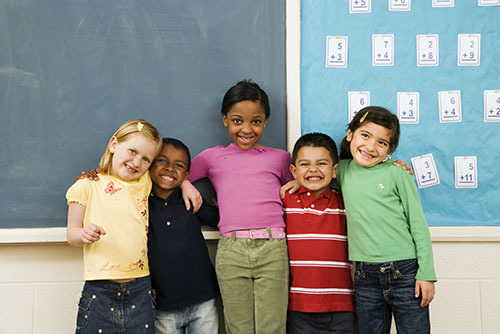
As you will learn from the insightful articles shared by our Top 12 Global Teacher team this month, global literacy starts with educators and parents being curious and interested in learning about the world around them and how it works. Only then can we begin to create truly dynamic educational responses for learning.
This month we posed this question to our teachers: Quali sono i modi migliori per gli insegnanti di coinvolgere le loro aule in una conversazione globale?
Ecco le loro risposte:
Global literacy is not a “scelta” or an add-on,” says Silvia Tolisano (langwitches); è “part of BEING literate today.” The teacher must be “connected” e “engaged.” Silvia shares a great list of ways to engage students in global conversations, including taking advantage of one’s own personal connections, utilizing digital tool and amplifying traditional ones. We also enjoyed her great ideas for global projects teachers can organize on their own. Per saperne di più.
“Children and teens are communicating with people all over the world using skills that 99% of adults cannot comprehend,” says Todd Finley (finleyt). Todd introduces us to some of the young creators driving global conversations – “Take a look, it’s being livestreamed!” Per saperne di più.
How is New Zealand Connecting Young Learners? Don’t miss Richard Wells’ (iPadWells) new book on NZ’s education system due out in 2016, but in the meantime check out his blog on global conversations and the national initiative, #KidsEdChat, which has introduced thousands of children from 5 e fino “to a world of online connections and the learning and impact those connections bring about.” Per saperne di più.
“Imagine only reading books from one bookshelf, when you have an entire library of great books to read.” Karen Lirenman (KLirenman) strongly believes that teachers should be involved in global conversations before they expect it of their students. So let Karen help you get started. Per saperne di più.
“Spectacular global conversations materialize when students embrace diverse and sometimes, to American students at least, exotic paradigms.” Check out guest blogger James Sturtevant’s (jamessturtevant) terrific classroom projects that were “instrumental in fostering profound discourse this semester.” Per saperne di più.
Craig Kemp di (mrkempnz) students come from international backgrounds and, explains Craig, are living in a country that is not “home”. What makes learning “globale” for his students? It’s all about engagement. So what are Craig’s top 5 ways for engaging students in a global conversation? Per saperne di più.
Guest blogger Beth Holland (brholland) may have a New Year’s resolution idea for teachers – “Join a Twitter Chat, hop into a Google+ Community, or subscribe to a LinkedIn Group.” Get engaged in the global conversations, emphasizes Beth, who shares wonderful examples from all around the world. Per saperne di più.
“We’re building the bridges today that tomorrow will walk across,” says Vicki Davis(coolcatteacher), e “the best way to engage the classroom in a global conversation is to help the conversations become part of the classroom.” Check out Vicki’s “3 Simple Steps to Help Students Become a Global Citizen.” Per saperne di più.
Tom Bennett (@ Tombennett71), Joe Bower (joe_bower), Susan Bowles (FloridaKteacher), Lisa Currie (RippleKindness), Vicki Davis, Todd Finley, Pauline Hawkins (PaulineDHawkins), Craig Kemp, Karen Lirenman, Adam Steiner (steineredtech), Silvia Tolisano and Richard Wells are Il Global Ricerca per l'Educazione 2014 Top 12 Globale Maestro blogger.
(Photo is courtesy of iofoto/ Shutterstock.com)
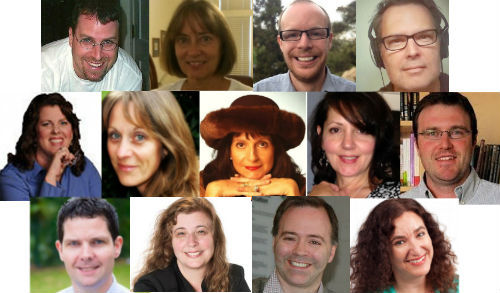

Unitevi a me e leader di pensiero di fama mondiale tra cui Sir Michael Barber (Regno Unito), Dr. Michael Block (Stati Uniti), Dr. Leon Botstein (Stati Uniti), Il professor Argilla Christensen (Stati Uniti), Dr. Linda di Darling-Hammond (Stati Uniti), Dr. MadhavChavan (India), Il professor Michael Fullan (Canada), Il professor Howard Gardner (Stati Uniti), Il professor Andy Hargreaves (Stati Uniti), Il professor Yvonne Hellman (Paesi Bassi), Il professor Kristin Helstad (Norvegia), Jean Hendrickson (Stati Uniti), Il professor Rose Hipkins (Nuova Zelanda), Il professor Cornelia Hoogland (Canada), Onorevole Jeff Johnson (Canada), Sig.ra. Chantal Kaufmann (Belgio), Dr. EijaKauppinen (Finlandia), Sottosegretario di Stato TapioKosunen (Finlandia), Il professor Dominique Lafontaine (Belgio), Il professor Hugh Lauder (Regno Unito), Signore Ken Macdonald (Regno Unito), Il professor Geoff Masters (Australia), Il professor Barry McGaw (Australia), Shiv Nadar (India), Il professor R. Natarajan (India), Dr. PAK NG (Singapore), Dr. Denise Papa (Stati Uniti), Sridhar Rajagopalan (India), Dr. Diane Ravitch (Stati Uniti), Richard Wilson Riley (Stati Uniti), Sir Ken Robinson (Regno Unito), Professor Pasi Sahlberg (Finlandia), Il professor Manabu Sato (Giappone), Andreas Schleicher (PISA, OCSE), Dr. Anthony Seldon (Regno Unito), Dr. David Shaffer (Stati Uniti), Dr. Kirsten Immersive Are (Norvegia), Cancelliere Stephen Spahn (Stati Uniti), Yves Theze (LyceeFrancais Stati Uniti), Il professor Charles Ungerleider (Canada), Il professor Tony Wagner (Stati Uniti), Sir David Watson (Regno Unito), Professor Dylan Wiliam (Regno Unito), Dr. Mark Wormald (Regno Unito), Il professor Theo Wubbels (Paesi Bassi), Il professor Michael Young (Regno Unito), e il professor Zhang Minxuan (Porcellana) mentre esplorano le grandi questioni educative immagine che tutte le nazioni devono affrontare oggi.
Il Global Ricerca per l'Educazione della Comunità Pagina
C. M. Rubin è l'autore di due ampiamente lettura serie on-line per il quale ha ricevuto una 2011 Premio Upton Sinclair, “Il Global Ricerca per l'Educazione” e “Come faremo a Leggere?” Lei è anche l'autore di tre libri bestseller, Compreso The Real Alice in Wonderland, è l'editore di CMRubinWorld, ed è un disgregatore Foundation Fellow.
Segui C. M. Rubin su Twitter: www.twitter.com/@cmrubinworld

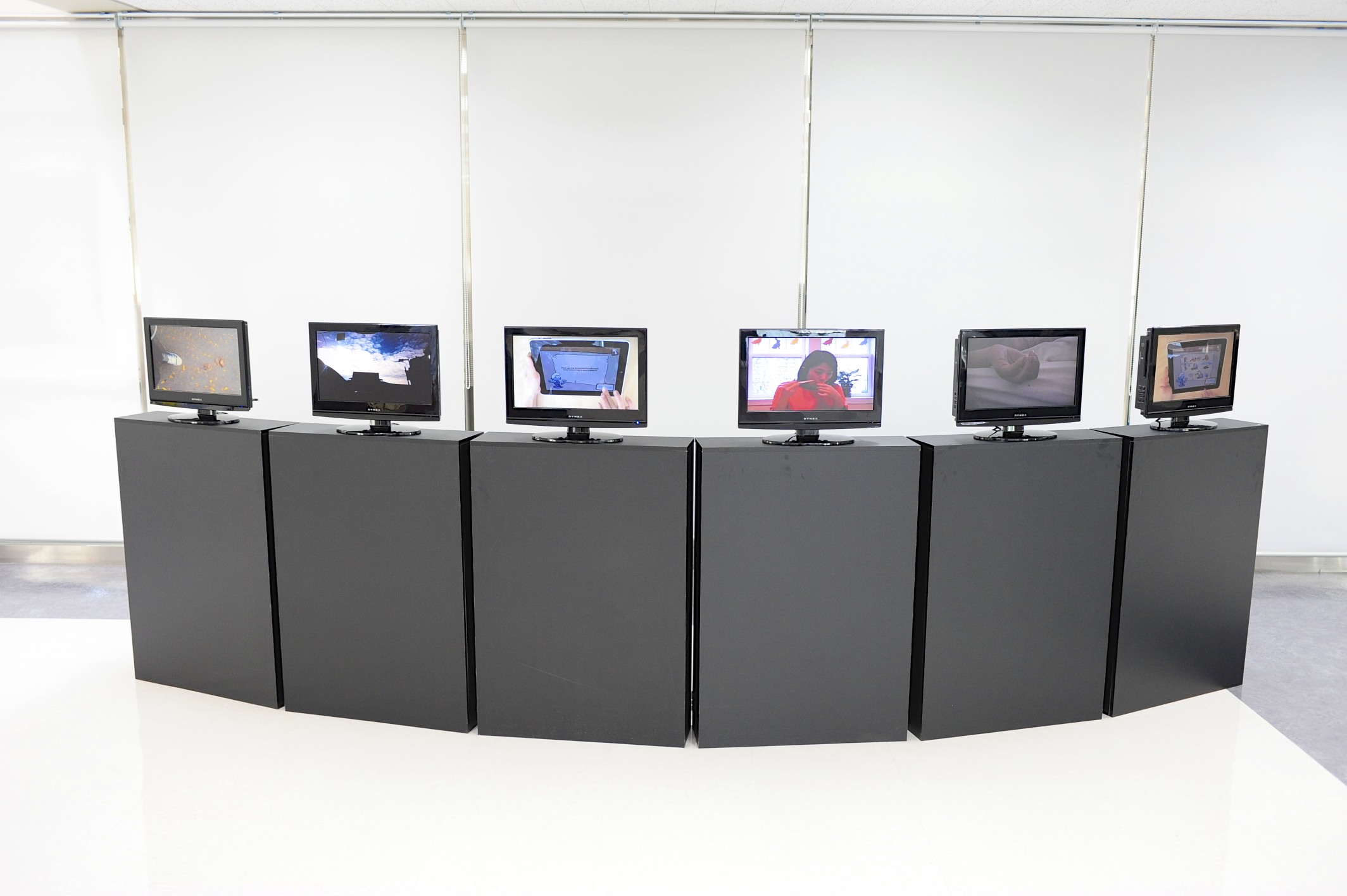

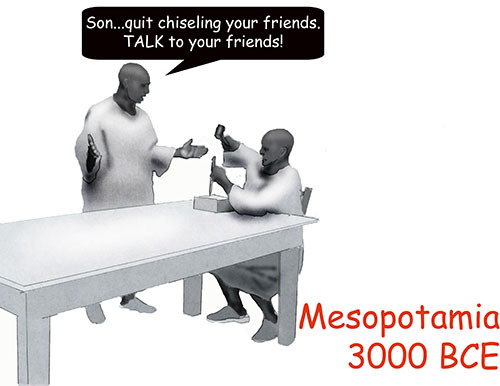
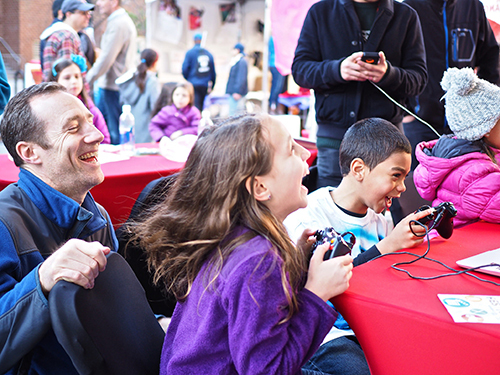
Commenti recenti